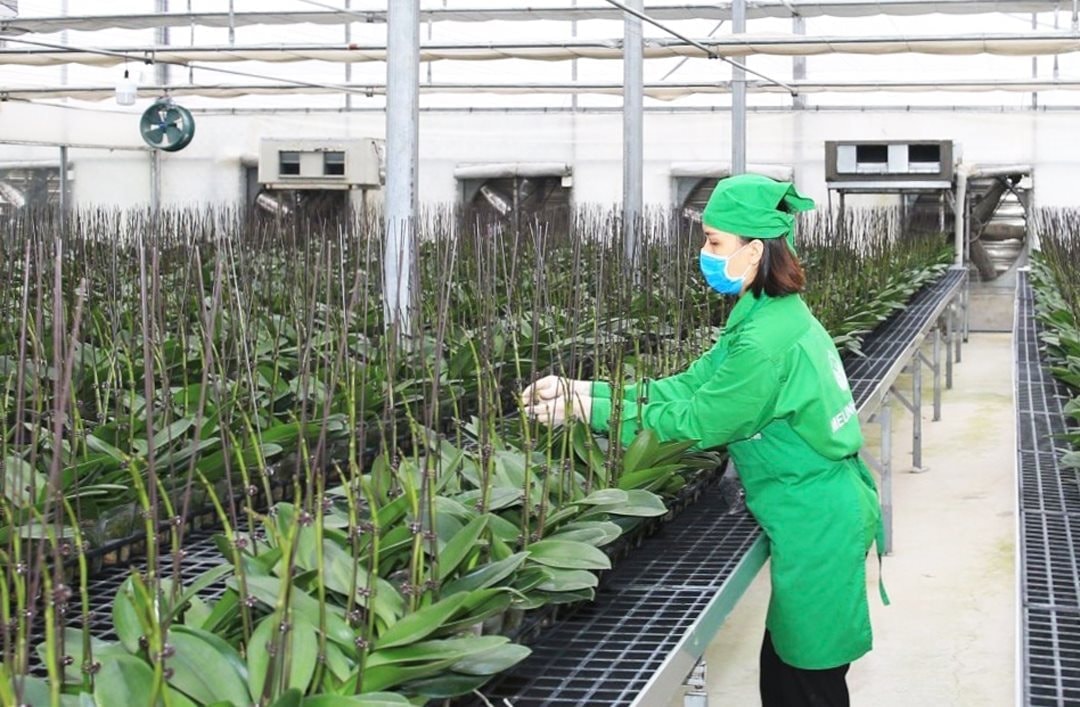
Look straight at the shortcomings
Many years since the 2012 Capital Law came into effect, Hanoi has had positive changes in all areas. However, besides the bright spots, the efficiency of agricultural production in the capital is still low and unstable. High-tech agriculture is still limited; the restructuring of the internal sector has not kept up with the requirements.
Besides, although the new rural construction program in the capital has achieved outstanding results, the rural economy still has many shortcomings.
First of all, the cooperative economic model, small-scale cooperatives, the capacity to absorb new technological advances is still low; has not attracted many social resources for the development of technical infrastructure, economic and social infrastructure in rural areas. The management of construction, land, environmental sanitation, collection and treatment of solid waste and wastewater in rural areas is still limited. The quality of vocational training, especially training of rural workers has not kept up with the requirements of the labor market. The poverty reduction rate is fast but not really sustainable, the risk of falling back into poverty is still high. The gap in living standards between rural and urban areas is slow to improve.
According to the Ministry of Justice , one of the reasons for the above situation is that the 2012 Law on the Capital lacks regulations on agricultural and rural development in the Capital, which greatly affects the unity, synchronization, and comprehensiveness of the policy system on the Capital. The Law does not have a "legal stick" to pave the way for innovation and development of rural economic organization models, especially models of production linkage according to value chains; and development of ecological agriculture.
Trust in giving more authority to Hanoi
Removing difficulties and obstacles in mechanisms and policies, the 2024 Capital Law strongly decentralizes power to the Hanoi People's Council to stipulate specific measures on agricultural land use; apply investment incentives on land rent, water surface rent, corporate income tax rates; especially attract strategic investors in the field of high-tech agriculture and develop high-tech zones.
The City People's Council is also given the authority to regulate the scope, subjects, content, and level of support higher than the level prescribed or not yet prescribed in documents of superior state agencies in areas such as: Seeds, technology transfer in seed production; technology for preserving and processing agricultural products; application of high technology in agricultural production...
In particular, the Law grants the City People's Council the right to regulate the form of use and exploitation of agricultural land funds at river banks and floating areas on diked rivers for agricultural production, ecological agricultural production, agriculture combined with tourism, and experiential education, ensuring the principle that construction on agricultural land at river banks and floating areas on diked rivers must be consistent with flood prevention and control planning of diked rivers, dike planning, construction planning, and other related planning.
The 2024 Capital Law also empowers the City People's Committee to decide to allow the use of agricultural land on river banks and floating banks on diked rivers, and to grant construction permits in concentrated agricultural production areas according to regulations.
This is considered a solid legal corridor, promising to create new momentum for sustainable development of agriculture and rural areas in the coming period.
Not only that, Article 32 of the 2024 Capital Law also has a very new way of posing the issue, which is to clearly define the development of the capital's agriculture in an ecological and sustainable direction; focusing on the interaction between environmental, economic and social factors to preserve and promote cultural and historical values in agriculture and rural areas; prevent and combat natural disasters, protect the environment and ecosystems, create quality products, food safety, and high economic efficiency.
In concentrated agricultural production areas, land is used for multiple purposes, agricultural land is arranged to be used for construction of works directly serving agricultural production, processing, preservation, display, product introduction, experiential education, eco-tourism...
According to Dr. Cao Duc Phat, former Minister of Agriculture and Rural Development (now the Ministry of Agriculture and Environment), the 2024 Capital Law has opened up a favorable legal corridor for the socio-economic development of Hanoi. However, for the implementation of the Law to be truly effective, there needs to be clear and strong specific policies to remove long-standing problems and promote new trends in agricultural and rural development.
To implement the sustainable agricultural model, Professor, Dr. Nguyen Thi Lan, Director of the Vietnam Academy of Agriculture, recommended that Hanoi should focus on the human factor and have solutions to support the development of high-quality human resources to increase the value of agricultural production. At the same time, promote the implementation of vocational training programs and projects, and career conversion for rural workers according to the needs of each group, form and develop a team of "agricultural workers", and support the formation of national and regional centers for high-quality vocational training and practice in the capital.
From another perspective, Associate Professor, Dr. Chu Tien Quang, former Head of the Rural Development Policy Department (Central Institute for Economic Management Research) said that planning concentrated agricultural production areas in accordance with natural and ecological conditions and linked to market demand is an urgent requirement. From here, it will not only help shape the capital's agriculture, but also create a driving force to attract resources: Investment capital, technology and human resources of organizations and individuals participating in the development of this field in the coming years.
Source: https://hanoimoi.vn/trien-khai-luat-thu-do-nam-2024-vao-cuoc-song-chia-khoa-de-nong-nghiep-thu-do-phat-trien-ben-vung-698666.html




![[Photo] Coming to Son La, let's "show off" with the Wallflowers](https://vphoto.vietnam.vn/thumb/1200x675/vietnam/resource/IMAGE/2025/5/21/627a654c41fc4e1a95f3e1c353d0426d)
![[Photo] Prime Minister Pham Minh Chinh receives the President of Asia-Pacific region of PowerChina Group](https://vphoto.vietnam.vn/thumb/1200x675/vietnam/resource/IMAGE/2025/5/21/0f4f3c2f997b4fdaa44b60aaac103d91)
![[Photo] Scientific workshop "Building a socialist model associated with socialist people in Hai Phong city in the period of 2025-2030 and the following years"](https://vphoto.vietnam.vn/thumb/1200x675/vietnam/resource/IMAGE/2025/5/21/5098e06c813243b1bf5670f9dc20ad0a)
![[Photo] Prime Minister Pham Minh Chinh receives Rabbi Yoav Ben Tzur, Israeli Minister of Labor](https://vphoto.vietnam.vn/thumb/1200x675/vietnam/resource/IMAGE/2025/5/21/511bf6664512413ca5a275cbf3fb2f65)
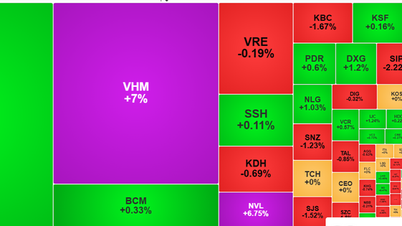

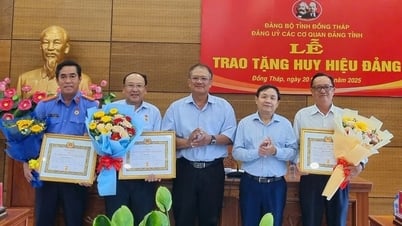
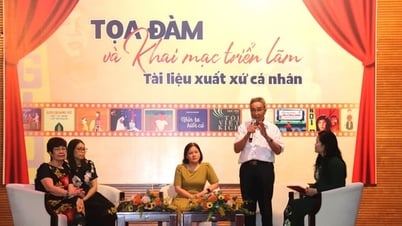
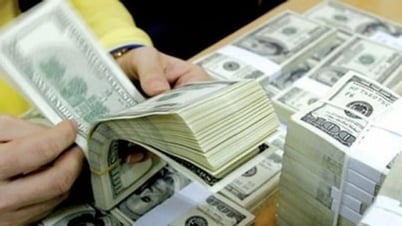
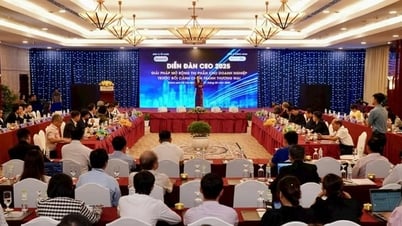
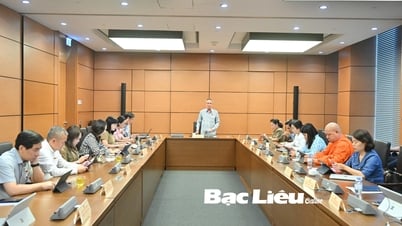




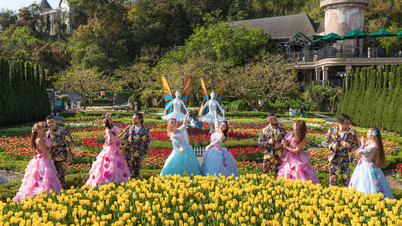
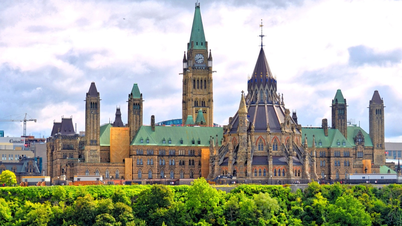
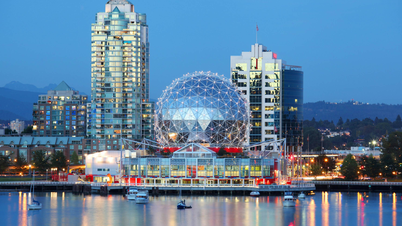

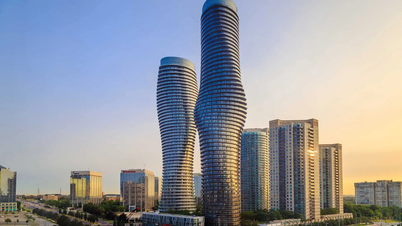

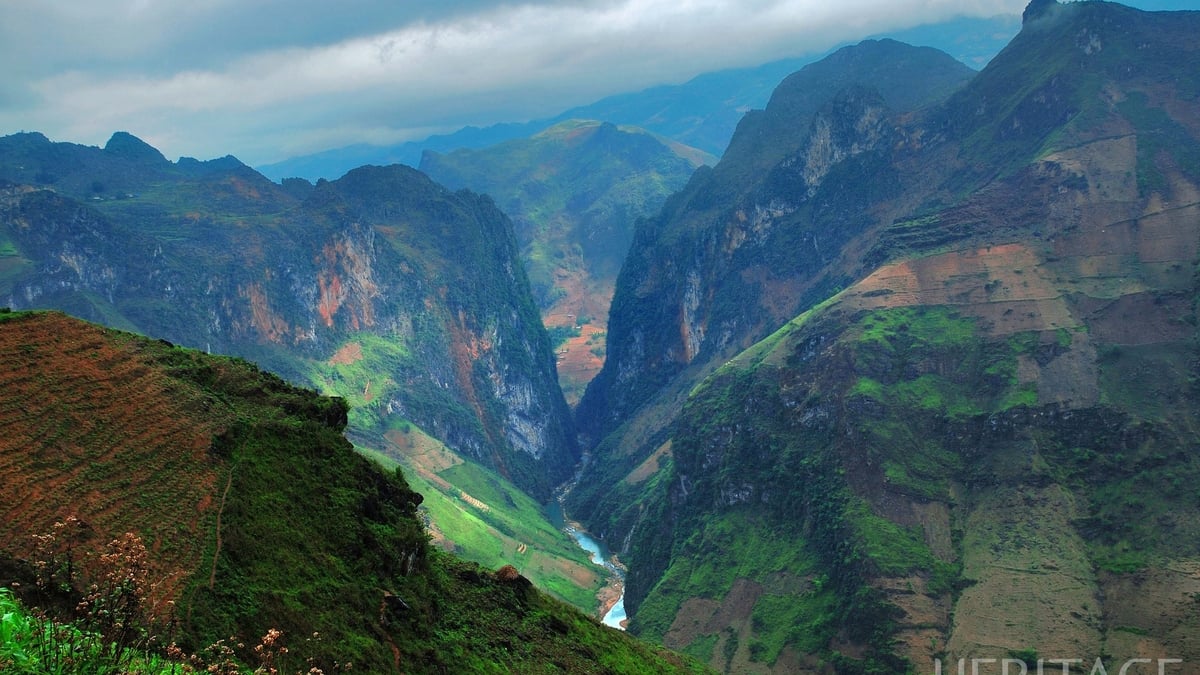






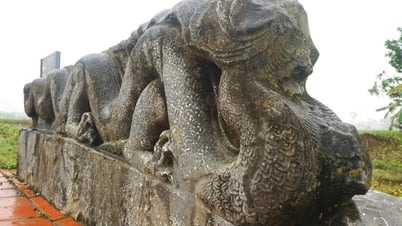

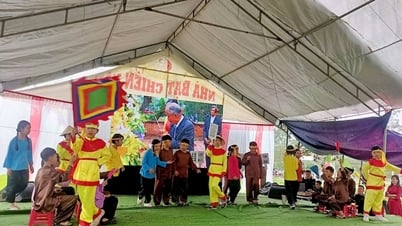

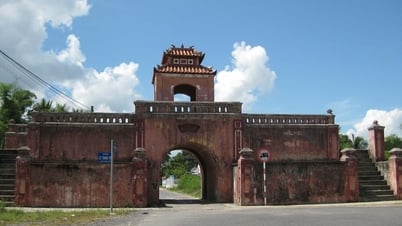








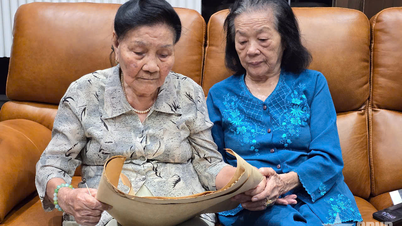








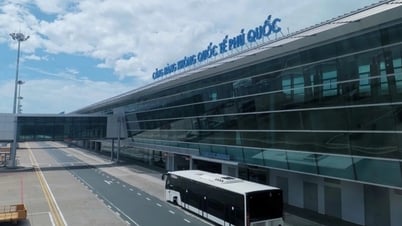
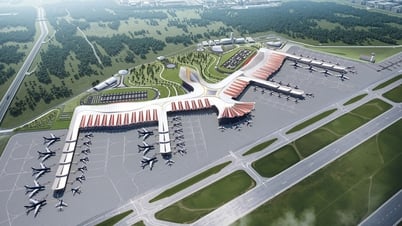
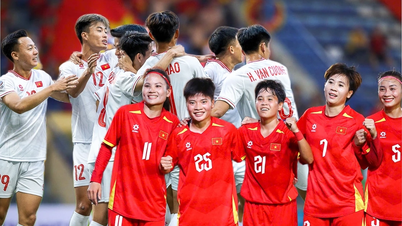

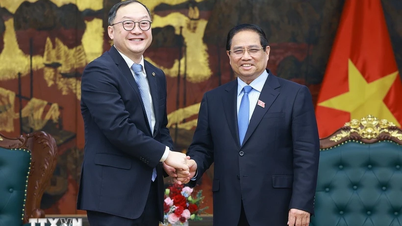




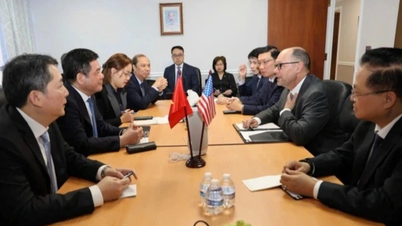


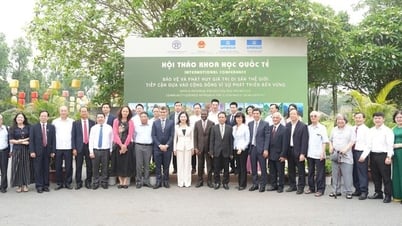

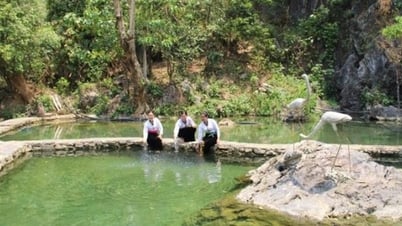


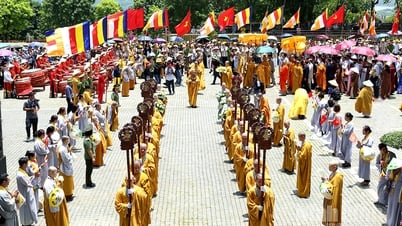

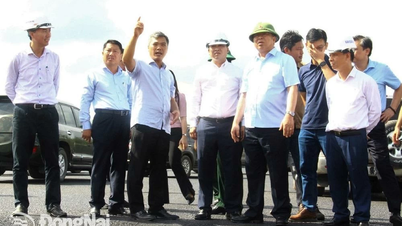

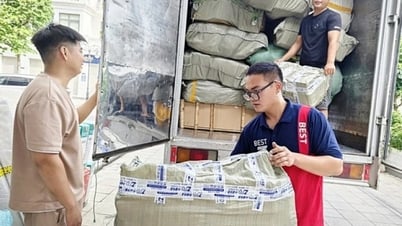
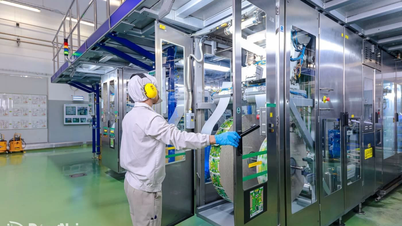
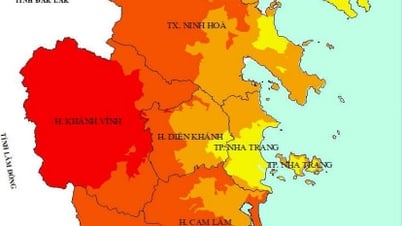

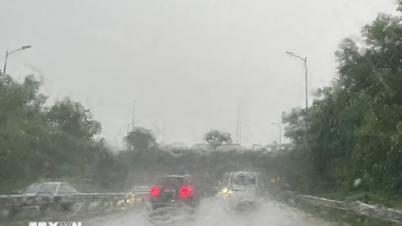








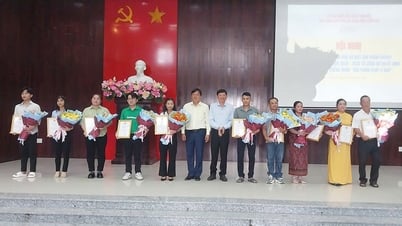



Comment (0)